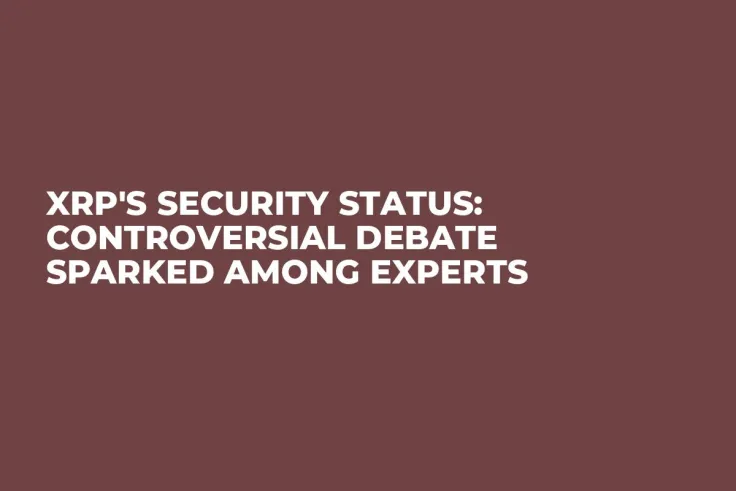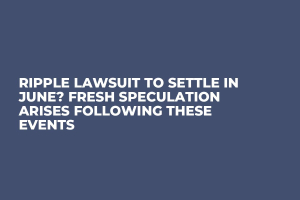A lively and thought-provoking discussion has unfolded within the XRP community as members passionately delve into the contentious issue of XRP's security classification. Led by ex-attorney Marc Fagel, Ripple CTO David Schwartz and attorney Bill Morgan, the conversation has shed light on the intricate nuances of securities laws and exemptions, igniting diverse opinions and viewpoints within the crypto community.
At the heart of the discourse is the central question of whether XRP should be classified as a security. As the community seeks a definitive answer, there is no shortage of disagreement among experts. Fagel's assertion that not all non-Ripple-held XRP automatically loses its security status under certain exemptions has sparked a range of perspectives, as critics question the consistency and fairness of such an interpretation.
The intensity of the debate escalated when the hypothetical scenario of a decentralized exchange serving as the exclusive platform for XRP transactions was introduced. Contention arose over the notion that such an arrangement could exempt XRP not held by Ripple from being classified as a security. Fagel's response, emphasizing that the method of sale determines the need for registration, not a change in security classification, left some attendees unsatisfied and yearning for further clarification.
Ripple CTO David Schwartz stepped in to emphasize that there are two distinct legal issues: whether an asset qualifies as a security, and whether its offering meets certain conditions that constitute a security offering. Schwartz's comments further blurred the lines, suggesting that cryptocurrencies could fall under the purview of securities if certain criteria, as outlined in the Howey test, are met.
Maybe I'm misunderstanding what you're saying, but I can only get your comment to make sense if we understand the original question in a very strange way that almost certainly was not the one intended.
— David "JoelKatz" Schwartz (@JoelKatz) June 1, 2023
However, attorney Bill Morgan presented an alternative viewpoint, expressing confusion about the need for exemptions in secondary markets when the asset itself is not inherently classified as a security. Morgan's skepticism raised pertinent questions about the factors used to determine the security status of digital assets and underscored the importance of considering the broader context in which they are sold and offered.



 Dan Burgin
Dan Burgin Vladislav Sopov
Vladislav Sopov